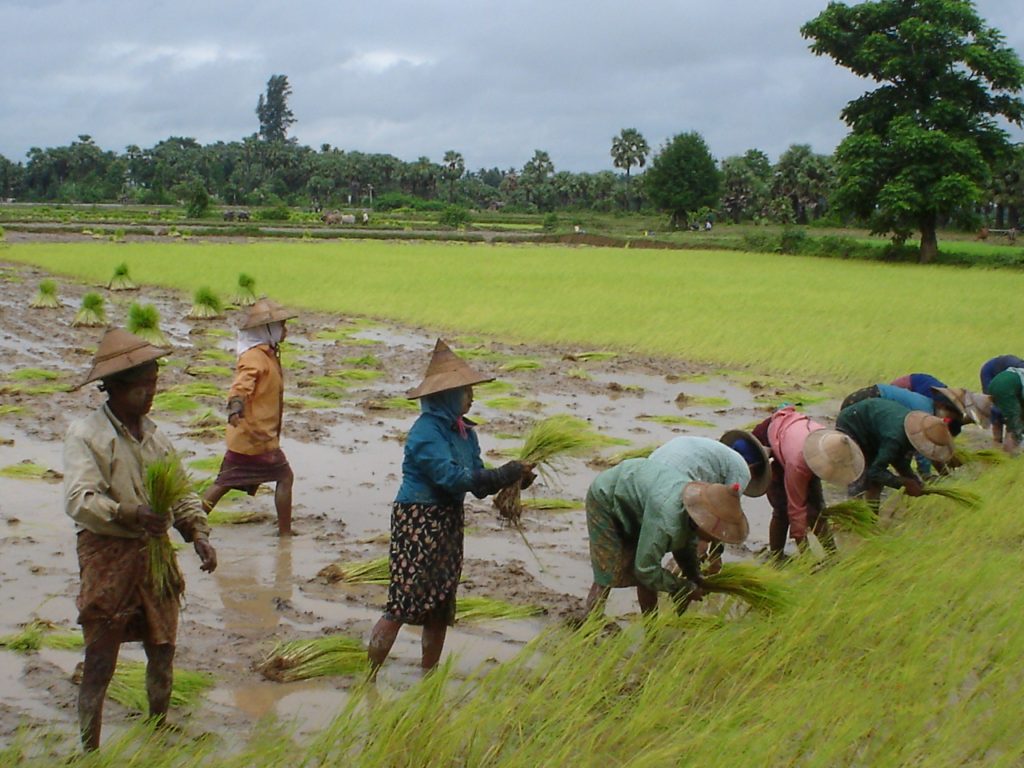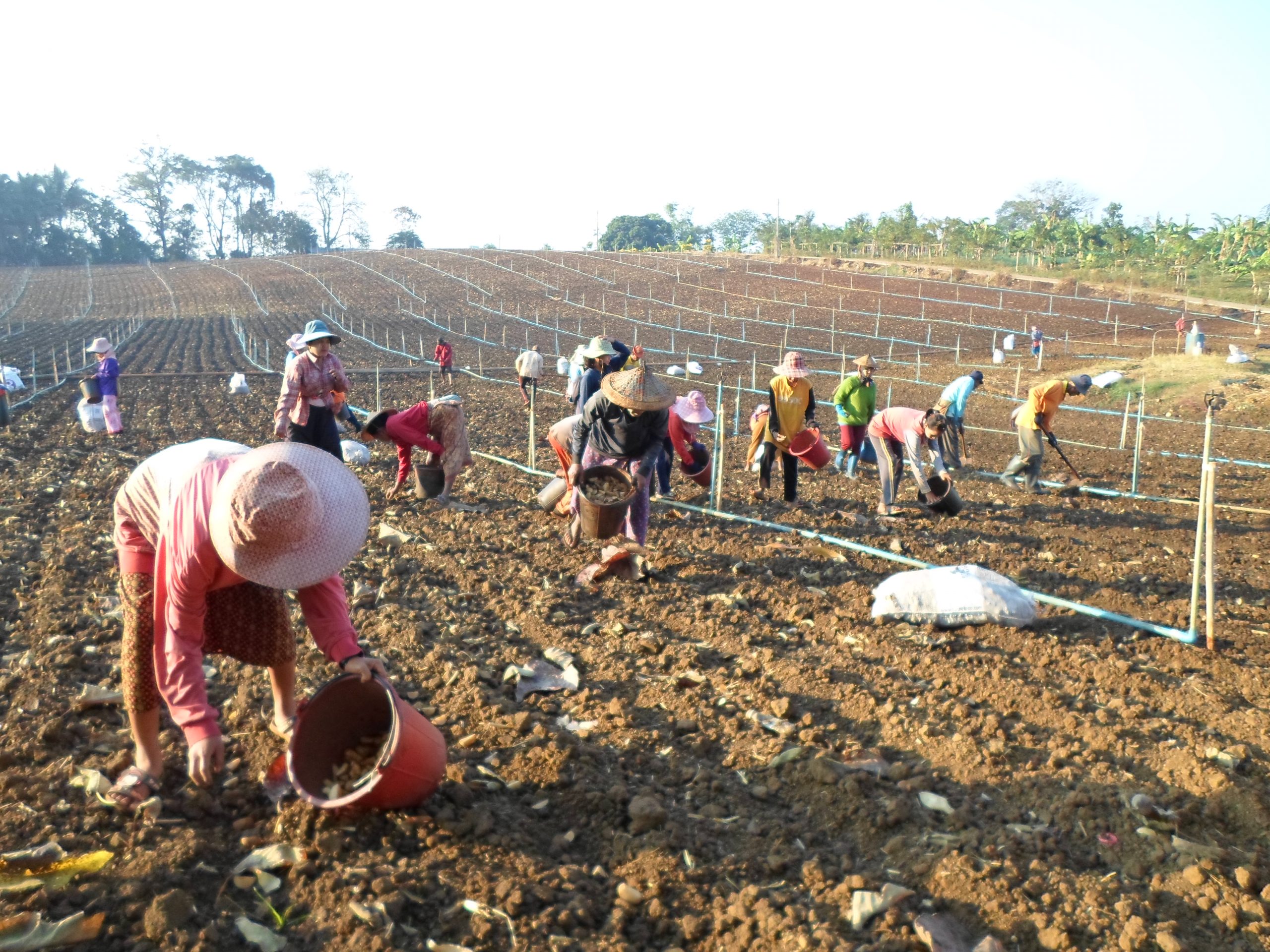How is the agricultural sector affected by natural disasters?
CNI News
2 May 2025
There are indications that the government should conduct a study on how the agricultural sector is affected by the annual natural disasters such as floods, typhoons, and earthquakes in Myanmar.
The government should take steps to improve the agricultural sector as agricultural land has been damaged in Mandalay and Sagaing regions, which have been hit by natural disasters. Former Pyithu Hluttaw MP U Sein Win told CNI News.
“I recommend that for agriculture in earthquake-affected areas, soil preparation work be prioritized in this early rainy season. After that, I think we can grow on this prepared land in the cold season. Farmers no longer have money to invest because they made a loss in the past hot season. So the cultivated acres may decrease. If the agricultural acreage decreases, agricultural inputs will decrease. Farmers can't plant in earthquake-hit areas. If they can't plant, they can't buy. Agricultural inputs will be reduced as they cannot be purchased. I advised the government to prioritize earthquake-affected areas and provide short- and long-term loans to prevent this from happening again." he said.
An earthquake struck Myanmar on March 28, 2025, and a state of emergency was declared in Sagaing Region, Mandalay Region, Naypyidaw Council Area, Bago Region, Magway Region, and Shan State, and relief efforts are underway.

While seeing farmers
Similarly, in September 2024, floods occurred in Yangon Region, Naypyidaw Council Area, Shan State, Bago Region, Magway Region, Rakhine State, Sagaing Region, and Mandalay Region, causing relief efforts and damage to farmland and reducing crop yields.
Moreover, on May 14, 2023, Cyclone Mokha hit Rakhine State, causing extensive damage to farmlands in Rakhine State. it will take a year for the soil to recover due to the flooding that occurred before the earthquake in Sagaing Region, an agriculturist from Sagaing Region told CNI News.

While seeing farmers
“We can plant again, the soil has moved, so there are no other major changes. It is not easy to reach the normal rate, it may decrease. Fertilizer prices and transportation charges have increased, so it will decrease slightly from the normal rate. Usually, there are cracks in the soil in these fields. But we will plow this normally, and after plowing, after a while, we will add fertilizer and wait for about 50 days. Then it will return to normal." he said.
Cyclone Mocha, which hit Myanmar on May 14, 2023, caused widespread flooding across the country, damaging nearly 900,000 acres of farmland, according to the SAC.
The statement said that in some regions and states, including Naypyidaw, nearly 800,000 (793,000) acres of rice were damaged due to flooding, while more than 70,000 (73,424) acres of other crops were damaged.




